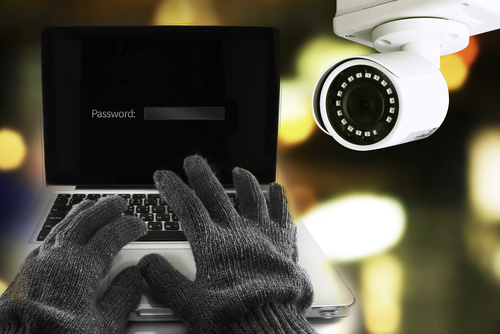Table of Contents
ToggleIntroduction
As we all know, in today’s world, security is the most important protective factor. Most people believe that using a CCTV system can monitor the environment and ensure its security. CCTV systems must also be secured to prevent unauthorised access to stored documents. In this article, we will explain how to set the security settings of the CCTV camera, how to prevent hacked CCTV cameras live and prevent unauthorised persons from entering the camera, and hack CCTV solutions.
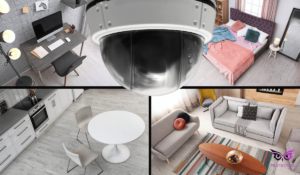
CCTV cameras are the best deterrents to burglaries
CCTV cameras are one of the best deterrents to break-ins and burglaries, with law enforcement encouraging their use in residential and commercial properties. Not only do they keep criminals away from your property, but they also provide visual evidence to catch culprits. In addition, the recorded images can also be used in court as legitimate evidence.
Most of the time, devices designed for our safety, such as CCTV cameras, can be used against us. How? ‘Or’ What? By hacking, of course. CCTV cameras are a great tool for protecting you and your property, and there are reasons to install security systems, but they are also vulnerable to hacking and are used to spy on you over the Internet. But don’t be afraid. This will only happen if you are not careful about using the right equipment or home alarm systems and taking the necessary measures to protect your privacy.
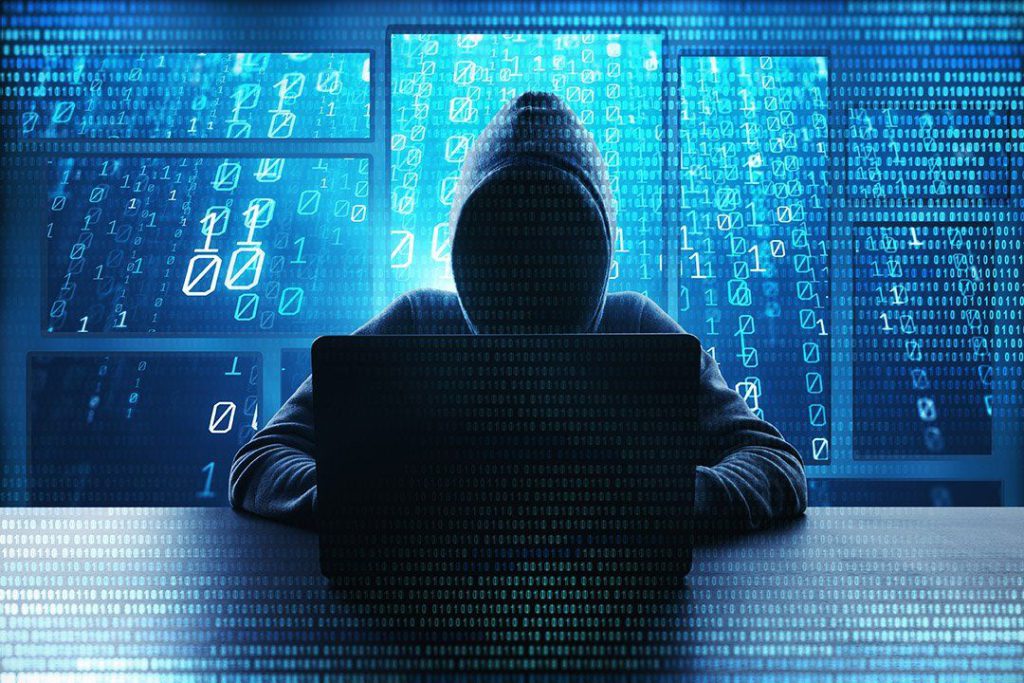
Why does hacking into CCTV happen?
There are some very simple ways to prevent hacked CCTV cameras live, which we will talk about in a moment. But first, you need to understand how and why hacking CCTV happens. Just as thieves are opportunists looking for loopholes in your security, such as unlocked doors or windows, hackers work on the same principle and find vulnerabilities in your system to violate your privacy. They are tech-savvy people who know the Internet and its associated tools.
Hacking into CCTV is usually done through remote attacks that can be carried out anywhere in the world, and hackers don’t need to be physically near the systems to hack CCTV. Once entered into the system, they can access all your files and system components. They can view, delete, steal, or modify live and recorded images, launch viruses, and have full control over the system.
Some of the ways that hacked CCTV cameras live happen are as below:
Brute Force, where hackers use automated software to repeatedly guess your passwords.
Spoofing attack: where they connect to your network by logging in as a trusted device.
Backdoor attacks—where they look for vulnerabilities in compromised systems.
How To Prevent your CCTV cameras from being hacked?
After installing security systems in the UK, it is important to prevent hacking CCTV cameras in the first place. To do so, you should:
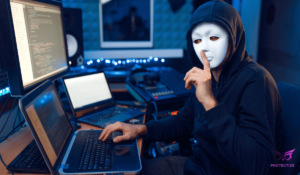
1. Only install authenticated CCTV cameras
You might think it’s a good idea to invest in cheap fake CCTV cameras, which you can easily get for a quarter of the price. Well, no. For the money you’ll save on equipment, you’ll be risking a lot more by installing a vulnerable system that’s compromised to begin with. Thus, installing authenticated CCTV cameras can be crucial to prevent hacked CCTV cameras live.
2. Secure your wireless connection
To protect your whole home WiFi system CCTV camera from hacking, it makes sense to also secure the home WiFi system. You can give your router a strong password and change it regularly, use encryption, and disable networking and guest sharing. You can also install a firewall between your devices and the Internet connection to maximise protection. You may want to know how to secure an IoT home network as well.
3. Use strong passwords
If you live in the 21st century with all the advancements in technology, you should be aware of the importance of a strong password. What is surprising is that most people use the default username and password that came with the system. These are pretty easy to guess and are usually admin and 1234.
When setting up your camera, make sure to choose strong passwords, as these are your best defence against hackers. Using something long and complex with a combination of numbers, symbols, and upper and lower case letters will lead to preventing hacked CCTV cameras live.
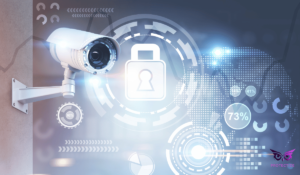
4. Configure two-factor authentication
If your CCTV camera supports this feature, configure it to add an extra layer to your security. What two-factor authentication does is that when you log into your app account, the system not only asks for your username and password but also sends a password to use. Single (OTP) to your phone via SMS, email, phone call, or authenticator app that you enter in the app to log in.
This verifies your identity and ensures that it is you and not someone else trying to log into your account preventing hacked CCTV cameras live. Two-factor authentication is a very useful feature and should be enabled on all your emails and social media accounts as well. If you haven’t activated it yet, do it now!
5. Update your camera firmware
The video surveillance system manufacturers will periodically release updates that correct software bugs and other vulnerabilities. These updates help the system run more efficiently and protect the camera and your security from hacked CCTV cameras live. Some systems automatically download updates as soon as they are deployed, while others require you to update them manually. Either way, if you want to keep your privacy private, you should always keep your systems up to date.
6. Buy security cameras with advanced encryption
This technology makes hacking into your data quite impossible. This means your data will be encrypted before being sent anywhere. If a hacker has access to your data, they will not determine what kind of data it is. This feature makes it hard for hackers to access your data and take control of your security camera, so they remain safe until you access it; otherwise, the companies will keep them encrypted. It’s better to purchase security cameras with advanced features like SSL/TLS encryption, and WPA2-AES encryption, which keep hackers away from your security cameras.
7. Limit access to your home network
make sure that your electronic devices are the only ones that access to your home network. You can also use a virtual private network ( VPN) to regulate the connection permission to diminish the possibility of hacked CCTV cameras live.
8. Install antivirus software and firewalls
Installing firewalls and antivirus software will protect your security camera against hacking and threats to your device, such as online hacking software.
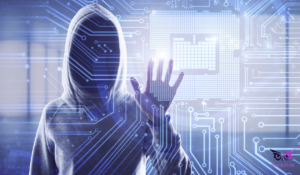
How do I know if my security camera has been hacked?
As frightening as it may sound, it is almost impossible to know, and for an ordinary and untrained person, it cannot even be noticed that someone hacked CCTV cameras live. Some of the signs are not difficult to identify, while others may need efforts to be detected. If you want to be familiar with the signs that depict your security cameras being hacked keep reading this article to find out the answer and uncover less known signs of the danger of taking control of your data.
1. The system works slowly
A possible sign of a malicious attack and hacked CCTV cameras is that the system is running slower than normal. A hack into CCTV requires the system to work very hard, which can slow down or make it unusable for the camera.
2. Your IP camera makes abnormal sounds
Among hacked CCTV cameras live signs this one can be more obvious than others. If you hear strange voices from your security camera can be a definite sign of CCTV hacking. Normally, IP cameras and microphones and security cameras are silent, unless a hacker gains unauthorised access to your microphone and the whole security system to spy on you. You may hear weird and unfamiliar voices from the system; this can be a sign indicating that your home security system has been hacked. Through this approach,h hackers can speak to your family members remotely or even worse listen to your conversations!
3. Increased data usage
The data usage of your security system generally follows the same pattern every day. If you watch the track of the data usage on your security camera, you will notice that this is the same every day, so if you witness abnormal internet traffic usage showing a sudden increase, this can be a sign of a CCTV hack.
4. LED light is flashing or blinking
If your camera poses an LED light, it can be turned on when it is in use. Thus, when you are not using your security camera and it is blinking, it can be an obvious sign that someone else has taken control of your CCTV camera.
5. The security camera setting and password change
How can you detect if your CCTV camera has been hacked? One of the signs is that the security camera’s settings and password have been changed to the default, meaning that someone has accessed your security device. They may even retain some information like changing the name and the password to what they want. So don’t pass across such warning signs that are telling you your system has been hacked!
6. The security IP camera and baby monitors make noises
If you find out that your security camera and the baby monitors rotate by themselves or point in a different direction than usual is very likely to be a sign of hacked CCTV cameras live. This is because someone has hacked your pan-tilt camera leading to weird movements.
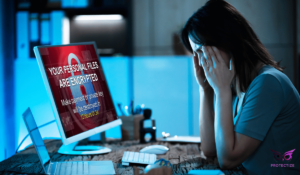
Is there a security camera that cannot be hacked?
There are a few brands of security cameras that have a reputation for manufacturing CCTV cameras that are resistant to hacking and decrease the occasion of hacked CCTV cameras live.
1. Avigilon
Avigilon has a great reputation for the implementation of measures that make their systems difficult to hack. They facilitate their system with strong encryption methods that make the stored data hard to read for hackers or any random person who attempts to take control of your data. Avigilon also benefits from collaborating with cybersecurity experts to be aware of the latest threats and hacking methods. This helps them to become pioneers in releasing the latest updates of their firmware to mitigate the possibility of hacked CCTV cameras live as much as possible.
2. Hanwha
Hanwha has a strategy for video data protection against hacking, which is adherence to security standards, regular firmware updates, and strong encryption approaches. These methods involve features including, IP camera filtering, HTTPS support, and disabling unnecessary network services can play a significant role in declining hacked CCTV cameras live.
Conclusion
Home surveillance cameras are supposed to protect us. They keep us in contact with our home at all times and help us protect what is most important to us. However, news about hacked home security cameras has become all too common. Often, cybercriminals hack CCTV cameras live through a process called credential stuffing. In this type of cyberattack, hackers use credentials obtained from a data breach to attempt to connect to another unrelated service.
For example, a hacker could use a list of credentials obtained through a data breach at a store to log into the app used to control your home security cameras. Consumers are extremely vulnerable to login blocking due to the high propensity to use the same password on multiple sites. According to a survey, 52% of consumers use the same or similar passwords for different sites and services.
This poses a serious security risk and leads to hacked CCTV cameras live. If a cybercriminal hacks into a camera that is part of a smart home ecosystem, he can gain access to the entire system. Not only can they use the camera to spy on you and your family, but they can also disable your burglar alarm or unlock your doors. Therefore, you should protect your cameras with the security practices mentioned above.

